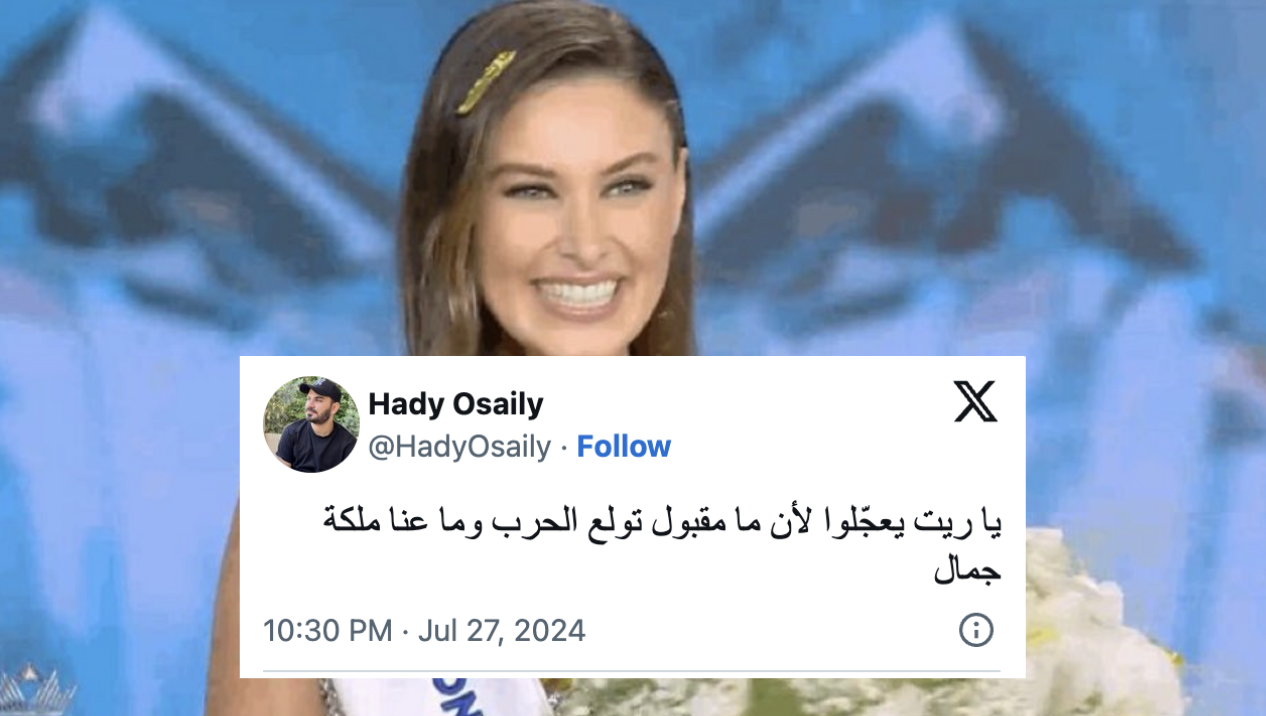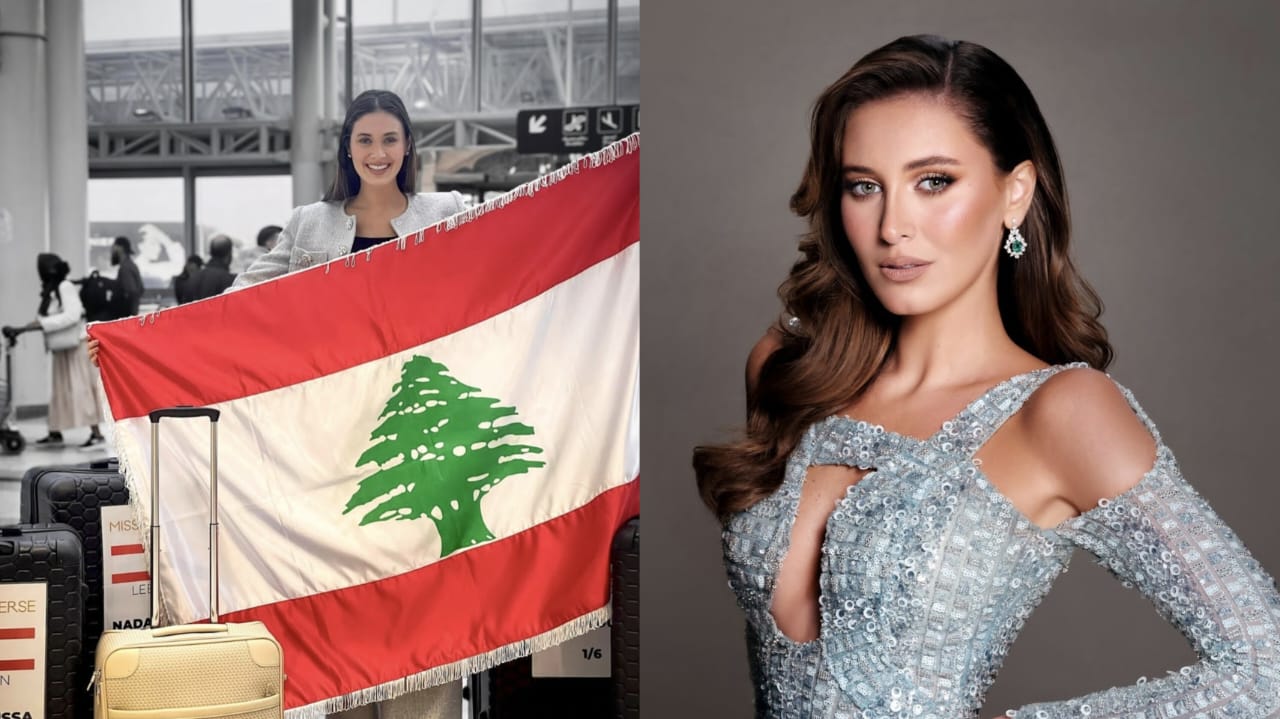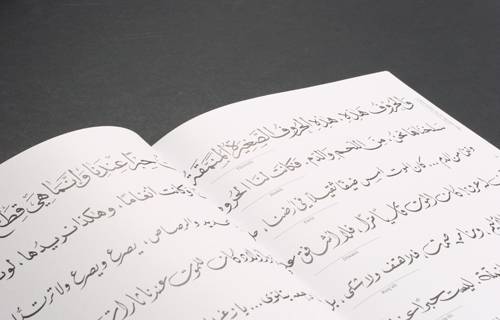Listomania
10 Songs Countering Sexism In Arabic Music
Elli Bet Asser Tannoura (The One Who Shortens Her Skirt), Nesswanje (Womanizer), Joumhoureyet Alby (The Republic of My Heart) and many others are popular hits we often repeatedly hear at Arab weddings.
Until today, we sadly still witness sexism in Arabic music as a great number of releases continue to degrade women and reduce them to sexual objects.
To fight this narrative, many Arab musicians have joined the music scene believing that art can contribute to social change, and they’re declaring their anger through their songs — here are some of our favorites to check out.
1. ElBouma, “Anta AlKamal”
First launched as “Bent El Masarwa” (Daughter Of The Egyptians) in 2014, this Egyptian band writes lyrics that stem from reality: The members have done three storytelling workshops in villages of Upper Egypt in which many women shared with them their experiences, and their songs were written based their true stories.
Their single “Anta Al Kamel” (You’re The Perfect One) fights gender stereotypes through lyrics that resonate with women facing inequality and discrimination in a patriarchal society.
2. Tamtam, “Gender Game” and “Rise”
This LA-based Saudi female singer is known for empowering Arab women and defying misogyny. Her popular career took off with “Gender Game”, a single in which she expresses the frustrations of being a Saudi woman showcasing her face and voice to the world.
“Rise” is her newest jam centering around the topic of arranged marriage and reflecting on the liberation of oppressed Arab females and their human rights.
3. Felukah, “Mesh Hastanna” and “What She Does”
Felukah is an Egyptian artist who turned her passion for poetry into writing empowering rap lyrics. Her song “Mesh Hastanna” (I Won’t Wait) voices the urgent need for change in Muslim family law ruling in men’s favor.
On International Women’s Day, the rapper dropped a new song titled “What She Does” which she described as an “ode to women everywhere”.
4. DAM, “Jasadik-Hom” and “Emta Njawzak Yamma”
DAM, meaning “everlasting”, is a Palestinian hip-hop group delivering lyrics about hard-hitting topics and taboos. The band created songs about women’s rights, including “Jasadik-Hom” (Your Body Of Theirs) released one day before women’s day in 2019, and their YouTube most famous single “Emta Njawzak Yamma” (When Will You Get Married?), which speaks up about the social pressure of marriage.
5. Mashrou3 Leila, “Roman”
This international band born in Beirut has become known as the voice of Middle Eastern youth for singing about freedom of choice. Some of the band’s work had caused backlash from regional social and religious conservatives in previous years.
Released four years ago, their song “Roman” aims to fight the narrative that Arab and Muslim women are victims of oppression, by encouraging a fight for their rights.
6. Ramy Essam, “Segn Bel Alwan”
The Egyptian Tahrir Square became an unpleasant scene during the country’s 2011 revolution. As police sought to clear the square of protesters, they arrested 19 women, beat and verbally abused them, accused them of prostitution, and subjected several to forced “virginity tests”.
In response to this brutal act, Egyptian musician Ramy Essam wrote “Segn Bel Alwan” (Prison in Color) with Lebanese Rapper Malikah, as a dedication to female protestors around the world.
7. Bu Kolthoum, “Zamilou”
Alongside his rap tracks, the Syrian rapper and producer made a single titled “Zamilou” (Cover Me), which speaks about the strength of women. Unlike most Arabic pop songs that objectify women and perpetuate false stereotypes about them, this song celebrates their wisdom and efforts in building up healthy generations.
More like this:
4 Of The Most Sexist Lebanese Songs
Arab Underground Artists Advocating for Justice and Politics
Until today, we sadly still witness sexism in Arabic music as a great number of releases continue to degrade women and reduce them to sexual objects.
To fight this narrative, many Arab musicians have joined the music scene believing that art can contribute to social change, and they’re declaring their anger through their songs — here are some of our favorites to check out.
1. ElBouma, “Anta AlKamal”
First launched as “Bent El Masarwa” (Daughter Of The Egyptians) in 2014, this Egyptian band writes lyrics that stem from reality: The members have done three storytelling workshops in villages of Upper Egypt in which many women shared with them their experiences, and their songs were written based their true stories.
Their single “Anta Al Kamel” (You’re The Perfect One) fights gender stereotypes through lyrics that resonate with women facing inequality and discrimination in a patriarchal society.
2. Tamtam, “Gender Game” and “Rise”
This LA-based Saudi female singer is known for empowering Arab women and defying misogyny. Her popular career took off with “Gender Game”, a single in which she expresses the frustrations of being a Saudi woman showcasing her face and voice to the world.
“Rise” is her newest jam centering around the topic of arranged marriage and reflecting on the liberation of oppressed Arab females and their human rights.
3. Felukah, “Mesh Hastanna” and “What She Does”
Felukah is an Egyptian artist who turned her passion for poetry into writing empowering rap lyrics. Her song “Mesh Hastanna” (I Won’t Wait) voices the urgent need for change in Muslim family law ruling in men’s favor.
On International Women’s Day, the rapper dropped a new song titled “What She Does” which she described as an “ode to women everywhere”.
4. DAM, “Jasadik-Hom” and “Emta Njawzak Yamma”
DAM, meaning “everlasting”, is a Palestinian hip-hop group delivering lyrics about hard-hitting topics and taboos. The band created songs about women’s rights, including “Jasadik-Hom” (Your Body Of Theirs) released one day before women’s day in 2019, and their YouTube most famous single “Emta Njawzak Yamma” (When Will You Get Married?), which speaks up about the social pressure of marriage.
5. Mashrou3 Leila, “Roman”
This international band born in Beirut has become known as the voice of Middle Eastern youth for singing about freedom of choice. Some of the band’s work had caused backlash from regional social and religious conservatives in previous years.
Released four years ago, their song “Roman” aims to fight the narrative that Arab and Muslim women are victims of oppression, by encouraging a fight for their rights.
6. Ramy Essam, “Segn Bel Alwan”
The Egyptian Tahrir Square became an unpleasant scene during the country’s 2011 revolution. As police sought to clear the square of protesters, they arrested 19 women, beat and verbally abused them, accused them of prostitution, and subjected several to forced “virginity tests”.
In response to this brutal act, Egyptian musician Ramy Essam wrote “Segn Bel Alwan” (Prison in Color) with Lebanese Rapper Malikah, as a dedication to female protestors around the world.
7. Bu Kolthoum, “Zamilou”
Alongside his rap tracks, the Syrian rapper and producer made a single titled “Zamilou” (Cover Me), which speaks about the strength of women. Unlike most Arabic pop songs that objectify women and perpetuate false stereotypes about them, this song celebrates their wisdom and efforts in building up healthy generations.
More like this:
4 Of The Most Sexist Lebanese Songs
Arab Underground Artists Advocating for Justice and Politics




